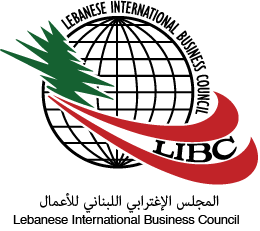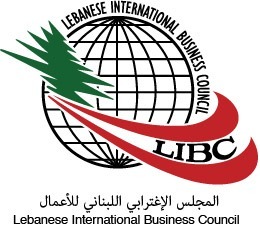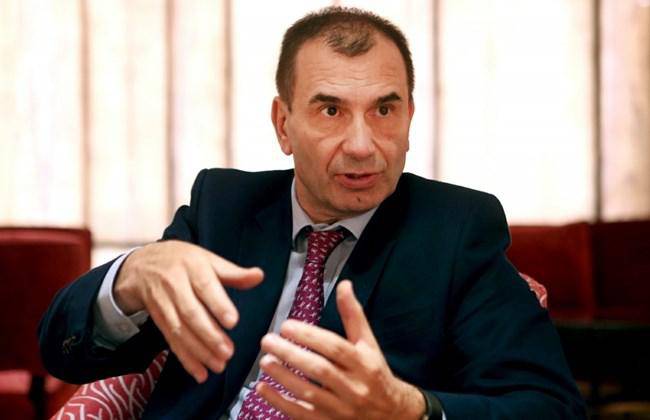Development bank EBRD to invest $200M in Lebanon in 2019
The European Bank for Reconstruction and Development intends to invest at least $200 million in Lebanese equities, renewable energy and water resources in 2019, the development bank’s vice president Alain Pilloux said Monday.
“We believe that as early as next year we should invest at least $200 million in the country per year. But if we can do more than we surely will do it,” Pilloux told The Daily Star in an exclusive interview.
“We will invest wherever we can find projects. It can be in the banking sector, such as credit lines, and we can support renewable projects, electricity plans developed by the private sector we may even give loans to the water authorities,” he added.
During his visit to Lebanon, Pilloux met Lebanese officials and private sector figures to discuss financing potential projects in the country.
Founded in 1991, EBRD is an international financial institution which makes investments in different sectors and also extends credit lines to commercial banks.
In May of this year, EBRD acquired a 2.5 percent stake in Bank Audi for nearly $65 million.
The announcement came after the president of EBRD Sir Suma Chakrabarti signed the agreement with Samir Hanna, chairman, and CEO of Bank Audi. Also in May, Fransabank, one of the largest banks in Lebanon, received a $50 million credit line from the EBRD to finance trade activities in Lebanon.
EBRD plans to open an office in Beirut to study and assess potential projects in Lebanon that the bank may invest in.
“The purpose of my visit to Lebanon is to understand with my colleagues where we can make a difference quickly.
“We started operations in September of last year and we had a good start. We have engaged already with a number of banks, particularly Bank Audi and Fransabank.
“I want to see what is possible to do in Lebanon in the short term. Our aim is to invest in tangible projects such as the energy sector, promoting the development of renewables like wind projects,” Pilloux said.
EBRD said it also hopes to work closely with Lebanon’s private sector in various fields.
Pilloux also said that he sees potential in investing in water infrastructure projects in the country.
“Water is an issue in Lebanon and we would like to see whether we can work with water authorities in order to develop the quality of water.”
At April’s CEDRE conference, donors pledged over $11 billion in credit lines to rebuild and improve Lebanon’s aging infrastructure, with special emphasis on electricity and water.
The development bank can contribute to private-public partnerships, Pilloux said, by providing assistance to the private sector, which will ally with the government to rebuild Lebanon’s infrastructure.
He said that in the first stage EBRD will work closely with Lebanese banks to approach the private sector.
“They [Lebanese banks] know the country better and especially the private sector. We can bring the additional expertise in particular sectors and we can bring them financial products which they may not have. We can work together to provide a better service for the Lebanese companies,” Pilloux said.
The EBRD vice president expressed readiness to work closely with the new prime minister once the government is formed following May’s parliamentary elections.
“The first thing I will do when the new government will be known is actually to return to Lebanon in order to see the prime minister, the president of the republic and speaker of the parliament, minister of finance and minister of energy to discuss with them the priorities,” Pilloux said.
He said that EBRD is keen to work on projects that are already in the pipeline.
“We want to select projects in the smartest possible way in order to make a difference. For me what is important is not to talk about the extension of Beirut airport but to support such a move,” Pilloux said.
Pilloux said that the interest rates charged by his bank are almost identical to other commercial banks.
“We are a market-based institution. We believe that very low-interest rates will not do any good to the economy and on the contrary damages the economy in the long term, he said.
“Our interest rates depend on the risk of the projects and the risk of the country. But at the same time, we do not hesitate in order to make things easier for project developers to mobilize sources of funding.”
Pilloux said there is no limit for the allocations of funds for investments in Lebanon, depending on the needs of the country.
“The private sector is our main focus but when it can serve the private sector, we don’t hesitate to work with the state,” he added.
Source: The Daily Star



Comments are closed, but trackbacks and pingbacks are open.